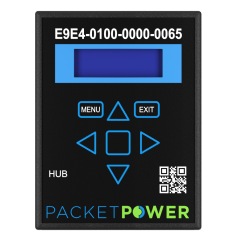Add a Gateway to easily maintain consistent performance when growing your monitoring network
Instant Information
Packet Power's network integration solutions make monitoring data accessible to your Building Management Systems, Data Center Infrastructure Management system, EMX Energy Portal, and even between different enterprises.
Once installed, they make ongoing network management easy by helping manage complex tasks such as security, protocol conversion and firmware upgrades.
Gateway Technology from Packet Power on Vimeo.
Network Integration Solutions
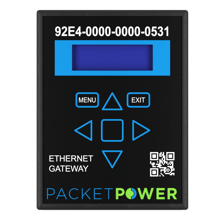
Gateway
Makes data from Packet Power wireless monitoring devices accessible over your data network
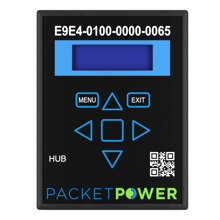
SNMP / Modbus Hub
Connects non-Packet Power monitoring devices to the EMX Energy Portal
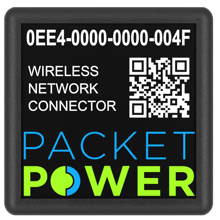
Wireless Network Connector
Enables select non-Packet Power monitoring devices to utilize Packet Power's wireless network
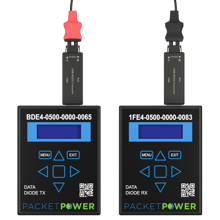
Data Diode
Enables secure one-way transfer of monitoring data between two isolated IP networks
Packet Power's network integration solutions easily and securely connect monitoring data to your network.
Ethernet Gateways make data from Packet Power monitors accessible to your BMS, DCIM or EMX Energy Portal.
Hubs gather data from non-Packet Power monitoring devices over a wired network for use in the EMX Energy Portal.
Wireless Network Connectors (WNC) connect supported non-Packet Power monitoring devices to Packet Power's wireless network.
Data Diodes enable sharing data gathered from Gateways and Hubs between two unrelated IP networks via a secure one-way link.
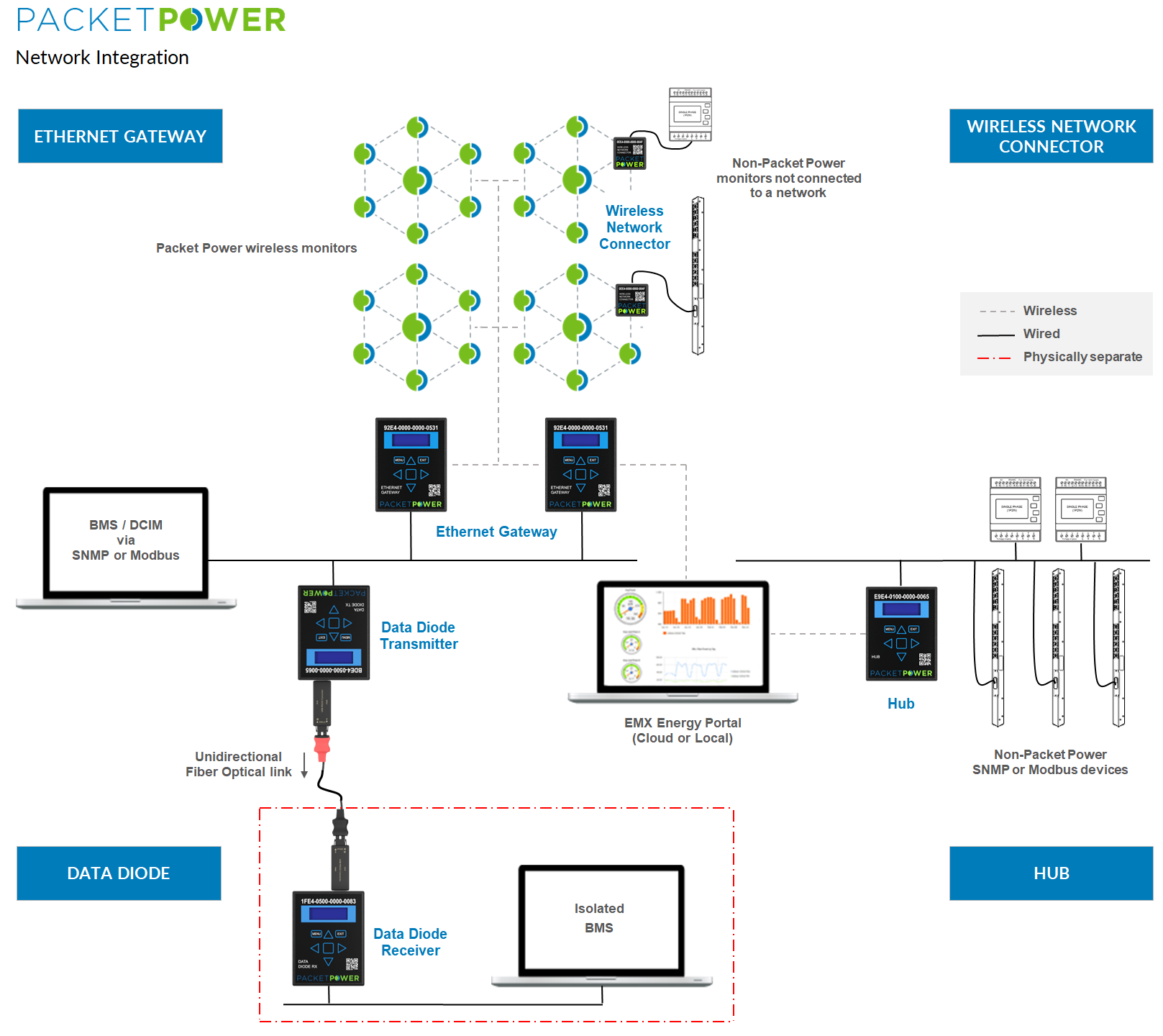
Gateways
Ethernet Gateways provide access to the readings captured by Packet Power’s wireless monitoring devices and WNCs. Every location with a wireless monitoring network needs at least one Gateway, and as the size of your network grows Gateways can be added to maintain suitable network performance. Gateways make monitoring data available to BMS and DCIM systems using standard protocols such as SNMP, Modbus TCP/IP, BACnet, EtherNet/IP and MQTT.
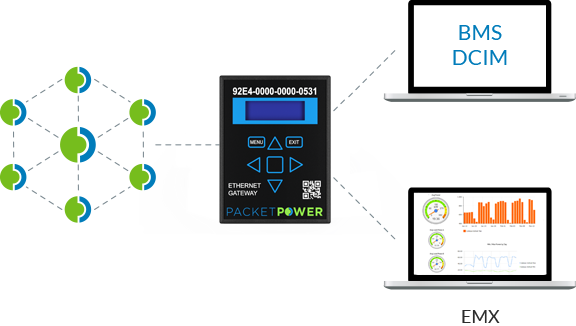

%20ethernet%20end.png?width=220&height=220&name=GW04%20(TP)%20ethernet%20end.png)
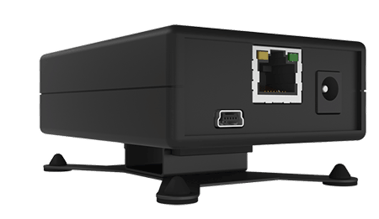
Gateway Models
Small or Large Deployments
Small site models support 30 or fewer monitoring units per Gateway and standard models support up to 100 monitoring units.
Protocol Conversion
BMS and DCIM applications can access data from Gateways using standard protocols such as SNMP, Modbus TCP/IP, BACnet, EtherNet/IP and MQTT.
Gateway Benefits
Enables a large monitoring network to use only a few IP addresses
Supports advanced IP network security
Mesh network protocol allows flexibility where Gateways are placed
Gateway Features
Automatically joins the mesh network and assumes its share of network traffic
Offers advanced integration features for SNMP, Modbus TCP/IP, BACnet, EtherNet/IP and MQTT
Supports up 100 monitoring units
Preserves energy data in the event of power loss
One button set up of IP addresses
Sophisticated capability for panel mapping
Provides detailed information on network activity via the Gateway console
Shows IP address on the LCD
Drives firmware upgrades over the wireless network
Communicates on 900 MHz and 2.4 GHz frequencies
Small size (76mm x 94mm x 31mm) and low energy use
Bracket supports standalone mounting or standard DIN rail, cable ties, or adhesive pads
Hub Models
%20with%20SNMP%20devices.png?width=510&height=220&name=Hub%20(TP)%20with%20SNMP%20devices.png)
SNMP Hub
Feeds data from SNMP devices to EMX.
%20with%20Modbus%20devices.png?width=510&height=220&name=Hub%20(TP)%20with%20Modbus%20devices.png)
Modbus Hub
Feeds data from Modbus TCP/IP devices to EMX. Data from serial Modbus devices can usually be accessed via a serial-to-TCP/IP converter.
Hub Benefits
Easily gathers data from nearly any device that supports SNMP or Modbus protocols
Supports local or cloud-based EMX systems
Gathers data from thousands of monitoring points per site
Data mapping tools and services are available to support new or customized devices
Hub Features
One button set up of IP addresses
Small size and low energy use
Local LCD
Wireless Network Connector
Packet Power's Wireless Network Connector provides an easy way to make select non-Packet Power metered devices that aren't connected to a network work over Packet Power's wireless network.
Plug the Wireless Network Connector into the Ethernet or serial port of a supported device and data will automatically flow across the wireless network. Use an Ethernet Gateway to make data accessible to your BMS or the EMX Energy Portal.
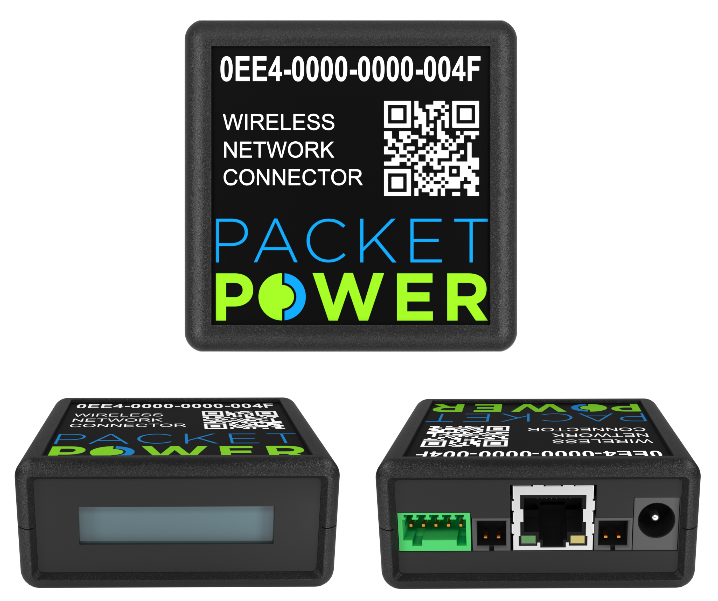
Wireless Network Connector Benefits
No need for data comm wiring
Instantly connects to Packet Power's self-configuring, self-optimizing wireless mesh network
Local LCD immediately verifies correct operation
Wireless Network Connector Features
Auto-detects select devices from APC, Geist, Janitza, Liebert (Vertiv), RLE, Sage, Schneider and Servertech
Supports up to 2 optional temperature probes
Can be mounted with a low profile bracket, via a DIN rail clip, or by optional magnet
External 100-240V power supply works with most outlet types including C13; some power strips can power the WNC directly from USB or other ports
Data Diode
Packet Power's Data Diode allows one-way secure transfer of monitoring data between two isolated IP networks via a unidirectional encrypted fiber optical link.
This enables a colocation services provider to easily share real-time monitoring data for use in an end customer's monitoring application. And Data Diode securely allows data from an isolated network to be sent to a cloud-based monitoring service such as Packet Power's EMX Energy Portal.
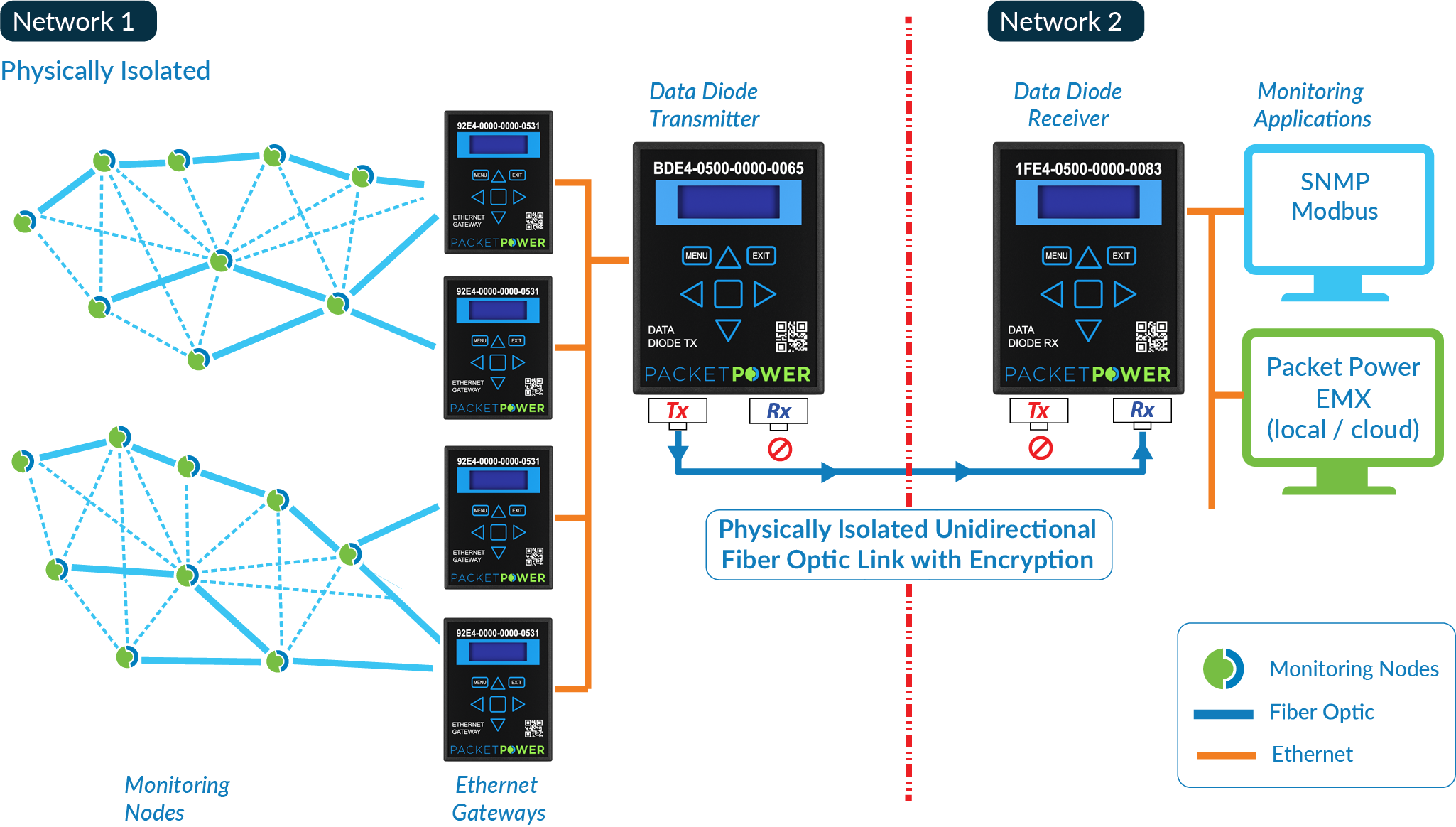
Data Diode Components
Transmitter
-
Gathers data from specified monitoring units
-
Uses an AES-256 encryption key for security
Receiver
- Requires the same encryption key to receive data
- Data can be accessed using SNMP, Modbus TCP/IP, Bacnet/IP and MQTT protocols
Optical Link
- Unidirectional fiber optical cable with USB interfaces
- 3- or 10-meter cable lengths available
Data Diode Benefits
Allows colocation services providers to easily share specific monitoring data for use in their end customer's monitoring application
Securely allows data from an isolated network to be sent to a cloud-based monitoring service
Data Diode Features
Hardware-based unidirectional link makes it physically impossible for data to flow in the other direction
Collect monitoring data from up to six Packet Power Ethernet Gateways (V3 or V4)
Uses an AES-256 encryption key for security
Data can be accessed using Modbus TCP/IP, SNMP, BACnet, EtherNet/IP, or MQTT as well as EMX
Wireless that works
With more than 100,000 Packet Power monitoring units in use in critical facilities around the world,
we can prove that we offer wireless that works. See how we do it.




